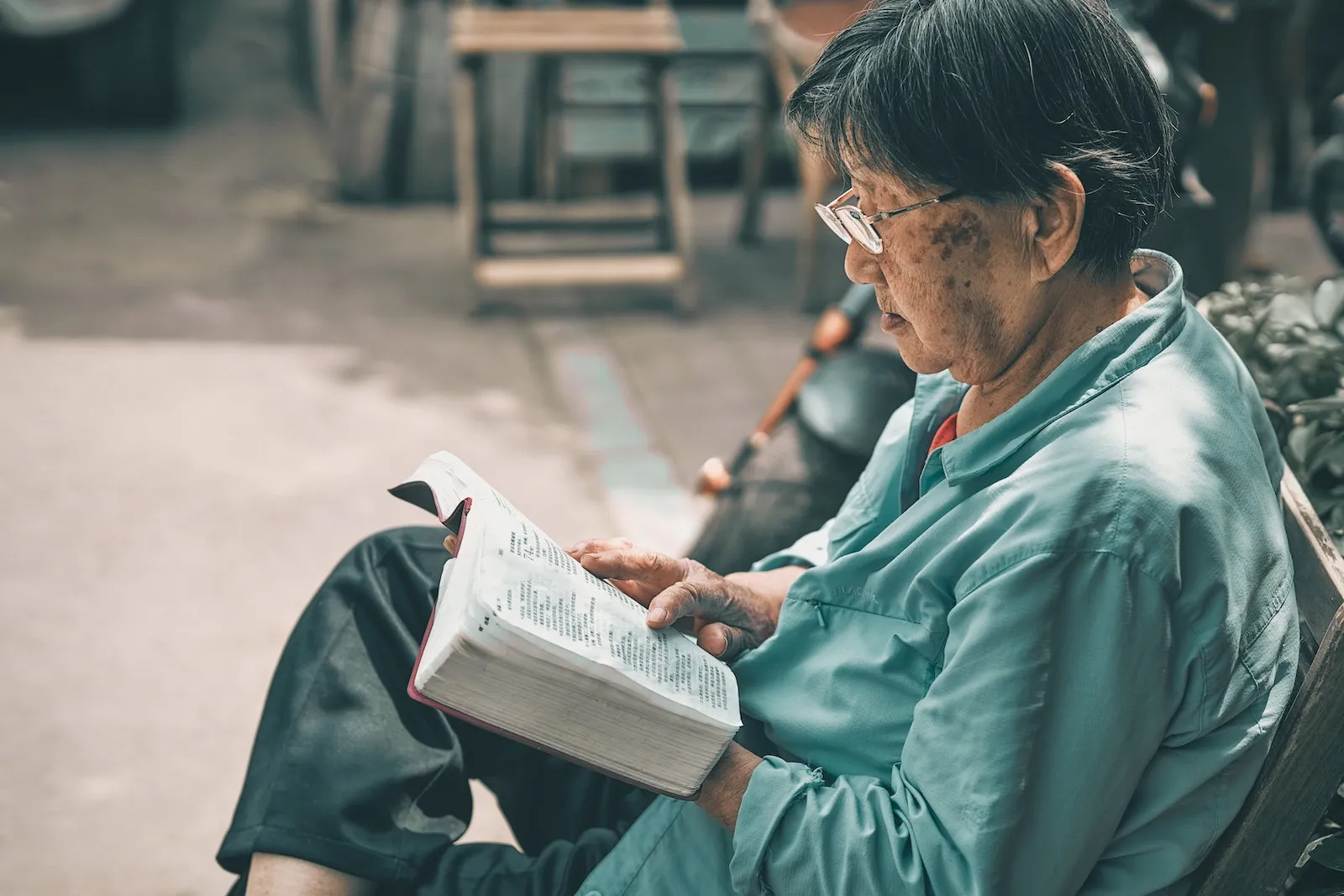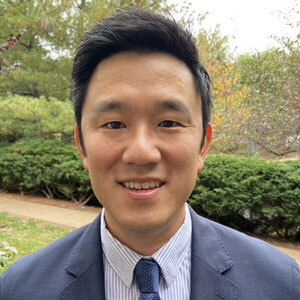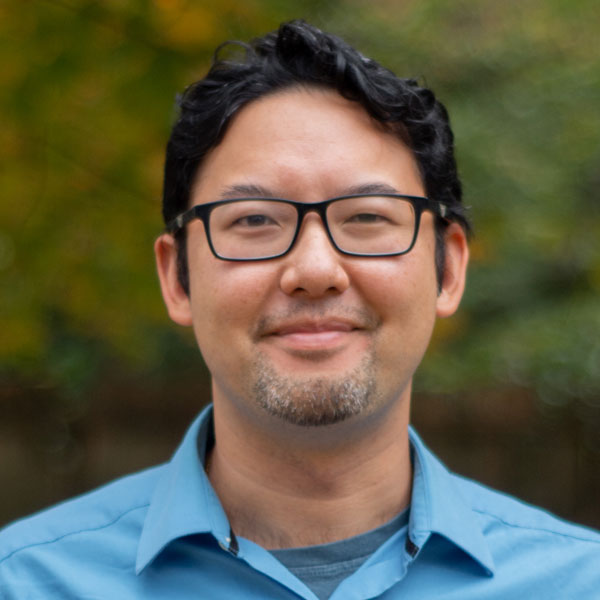
AARC: Asian American Religion in Coalition
The AARC seeks to learn from Asian American religious communities building diverse coalitions that transform the world. We’re looking to highlight how these advocates and activists serve as public knowledge makers who can help us reimagine religion, race, and community.
Click Here to View the AARC ProjectOral History Project
The Core Question
The majority of Asians in America are foreign-born. Yet, in many of the studies of Asian American Christianity, the faith and practice of these first-generation Asian Americans are subordinated to their more assimilated, second-generation counterparts. How do we understand the faith, practice, and politics of first-generation Asian Americans when the popular discourse on Asian Americans obfuscates the religious and political agency of first-generation Asian American Christians?
Abstract
Christianity continues to be the dominant religion in the U.S., and the culture wars between “liberal” and “conservative” Christians unduly constrain the religious and political imaginations of U.S. citizens. What happens to our public and academic understanding of the Christian religion and civic discourse when the faith, practice, and politics of Asian American Christians are centered—especially first-generation, non-English speaking Asian immigrants in the U.S.? How do their transpacific experiences (often related to war, poverty, and violence) complicate the racial, religious, and political binaries assumed in U.S. discourses about Christianity, belonging, and politics?
Moreover, the rise of anti-Asian violence since the arrival of the pandemic has sparked intense Asian American activism. What has been noticeably absent through the op-eds, social media feeds, and public rallies spawned by Asian American activism represented largely by second generation voices is the presence of first-generation Asian Americans. Why is that? What does the absence of their perspective, experience, and voice say about Asian American activism today? Do the experiences, thoughts, and feelings of first-generation Asian Americans on social issues conform to that of their second+ generation Asian American counterparts?
This oral history project will consist of 50-60 interviews of first-generation East Asian American Christian (FGEAAC) immigrants in their native language. Through these interviews, the unique religious experiences and political orientations of FGEAACs will expand our understanding beyond the available scripts for religious and political engagement in U.S. society. Moreover, the audio and video testimonies and the published research findings (through articles and a book), made available through a digital humanities project, will complicate our public discourse and understanding of Christianity in the U.S.

Dr. David C. Chao is director of the Center for Asian American Christianity at Princeton Theological Seminary. He teaches courses on Asian American theology, organizes academic programming in Asian American theology and ministry, and mentors Asian and Asian American students. His research and writing focus on Asian American theology, the uses of Christian doctrine for liberation, the convergence and divergence of Protestant and Catholic dogmatics, and the theology of Karl Barth. His first book, titled Concursus and Concept Use in Karl Barth’s Doctrine of Providence, is under contract with Routledge. He is grant co-author and project editor for the $300,000 translation grant awarded by the National Endowment for the Humanities to the Karl Barth Translator’s Seminar. He is also developing a multi-volume project on Asian American theology. Chao is a graduate of Yale University (BA), Regent College (MDiv), and Princeton Theological Seminary (ThM, PhD). He is a member of the American Academy of Religion and the Association for Asian American Studies. Chao has a wide range of pastoral experience with Chinese American, Korean American, and Pan-Asian churches and ministries and is an active member of the Presbyterian Church (USA).

Easten Law is the Assistant Director of Academic Programs at the Overseas Ministries Study Center at Princeton Theological Seminary. Easten’s research focuses on lived theology, religious pluralism, and public life in the context of contemporary China. For his dissertation, he is examining how Chinese Christian identity is negotiated and expressed in everyday life via qualitative sociological methods. He intends to use this data to inform an interreligious public theology for the Chinese context.
Previously, Easten taught intercultural relations at American University’s School of International Service in Washington, D.C., and Anhui Normal University in Wuhu, Anhui Province, China. In addition to teaching, Easten has also provided training, lectures, and curriculum design in intercultural communication with a variety of faith communities and NGOs in the D.C. area and China, including the United Methodist General Commission on Race and Society, Mercy Corps, and local Chinese NGOs responding to the Sichuan earthquake that struck southwest China in 2008.
Some of his previous work includes projects in critical pedagogy and intercultural communication for global citizenship, community-based research methods for urban ministry, and curricular frameworks for integrating inter-religious dialogue and Christian ministry.
